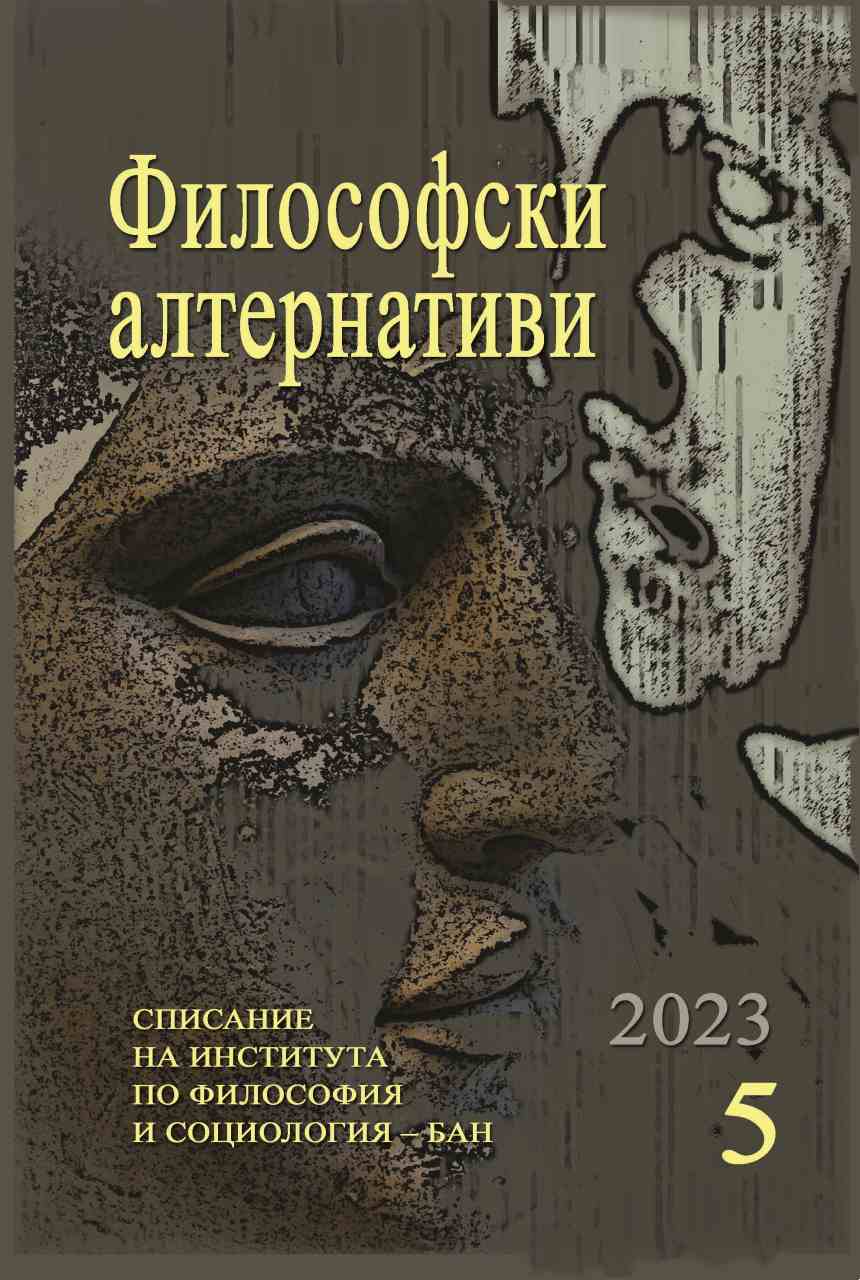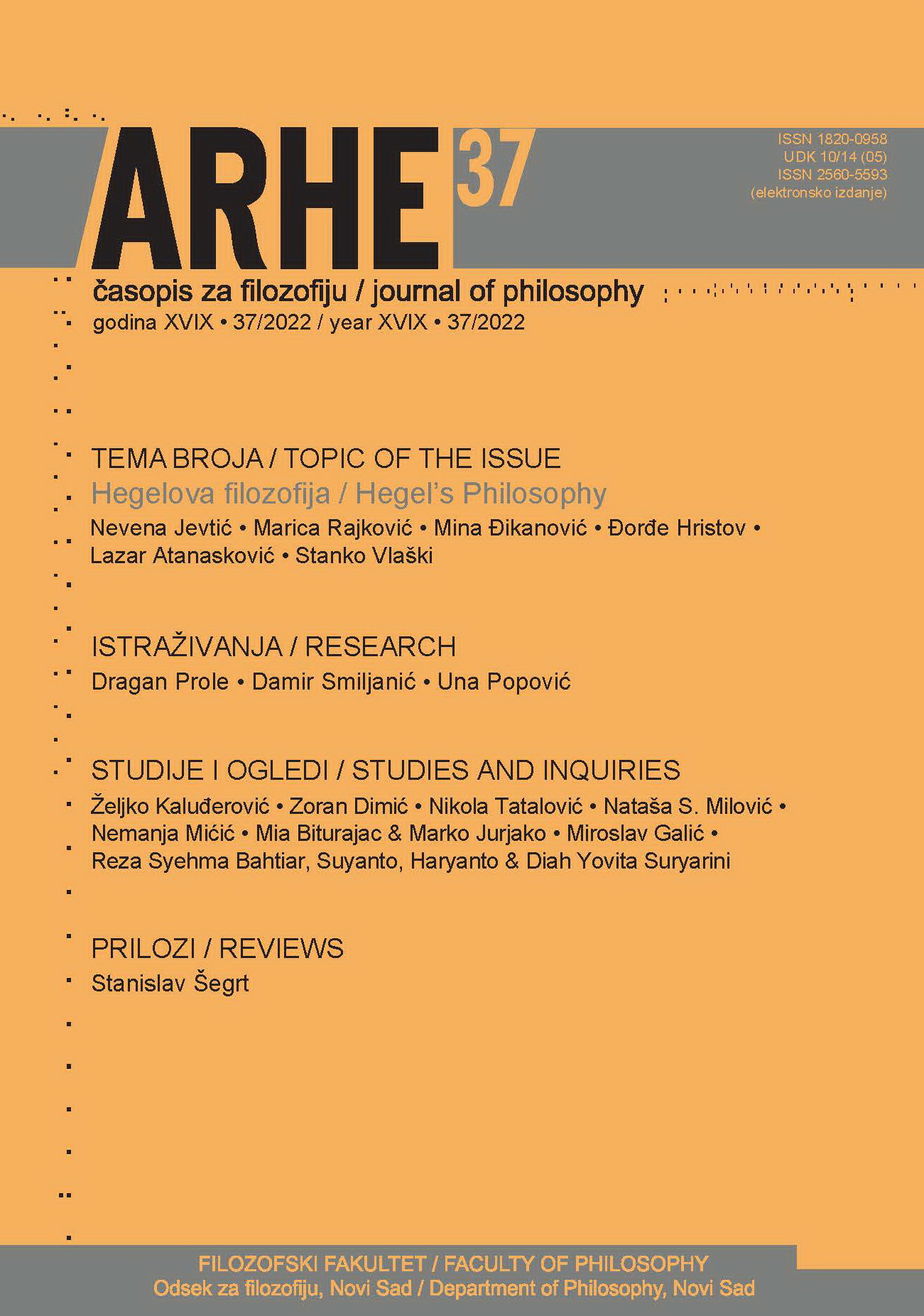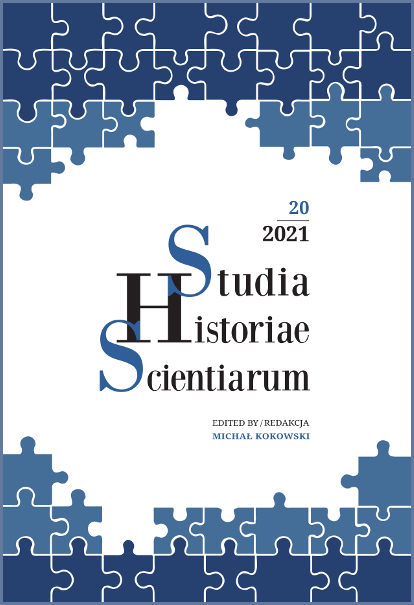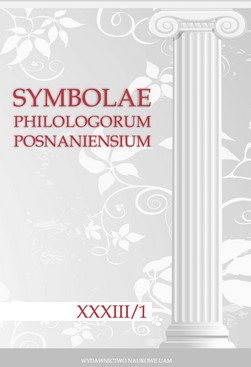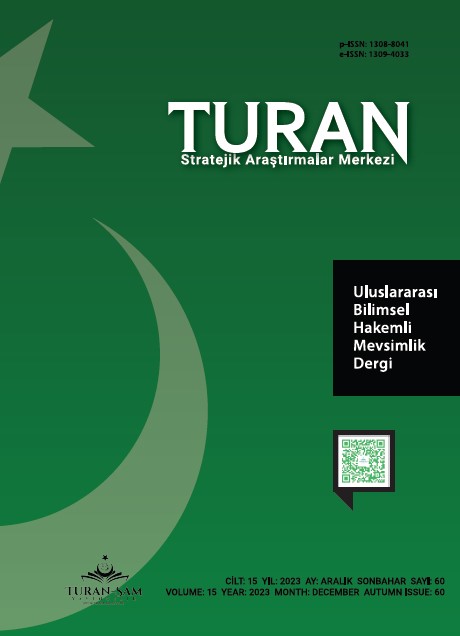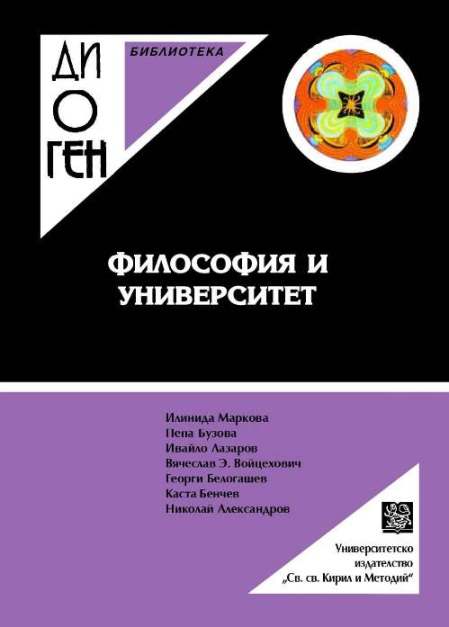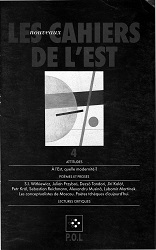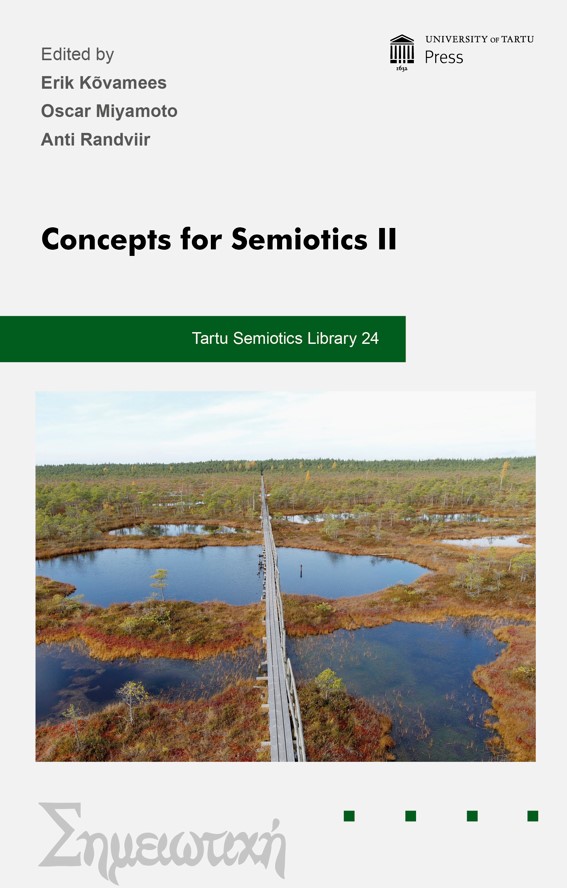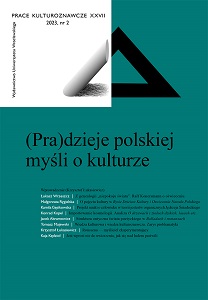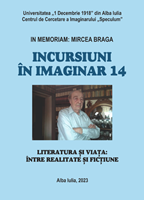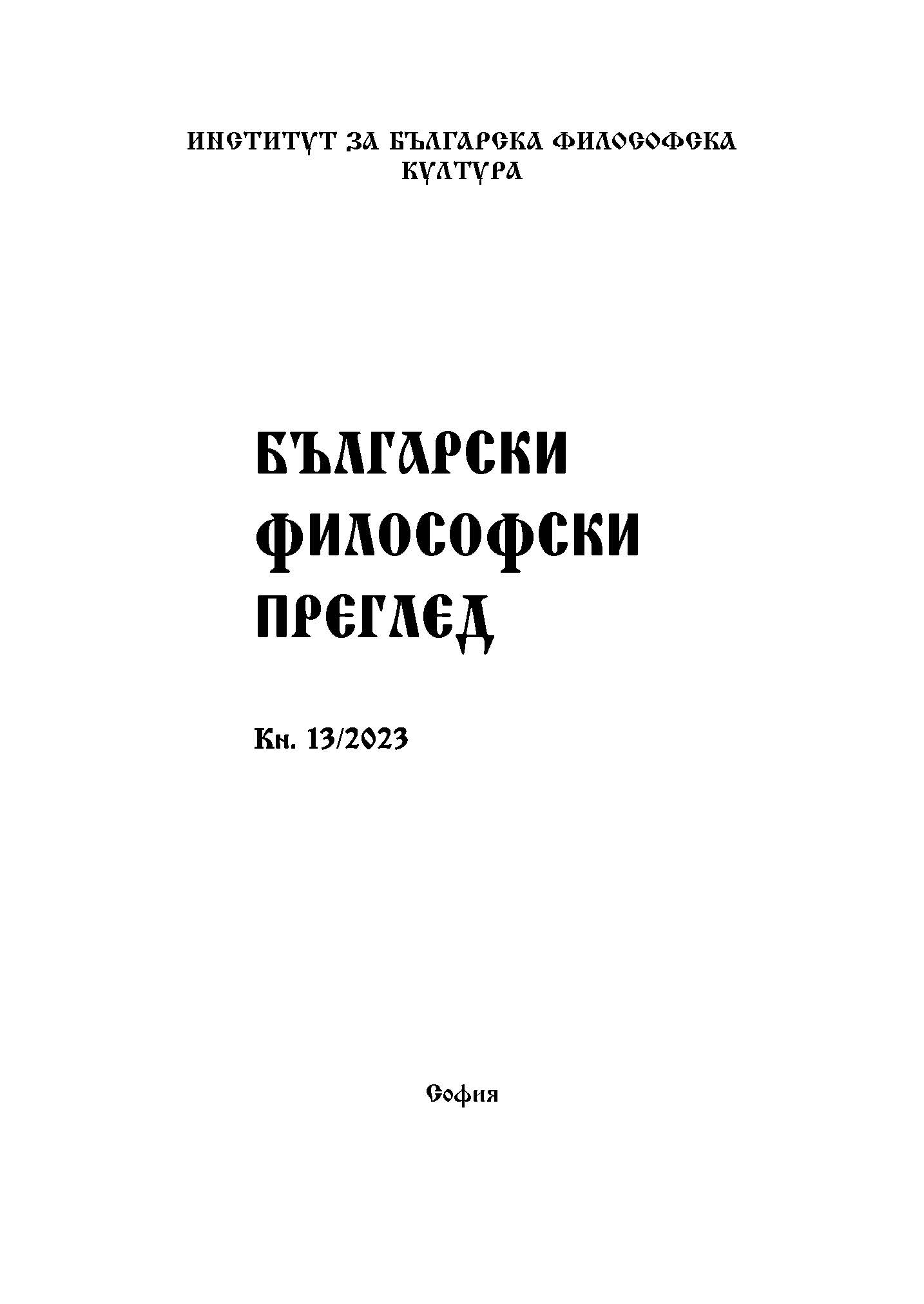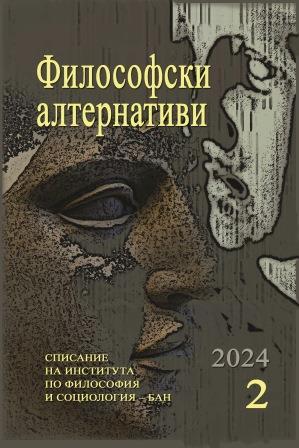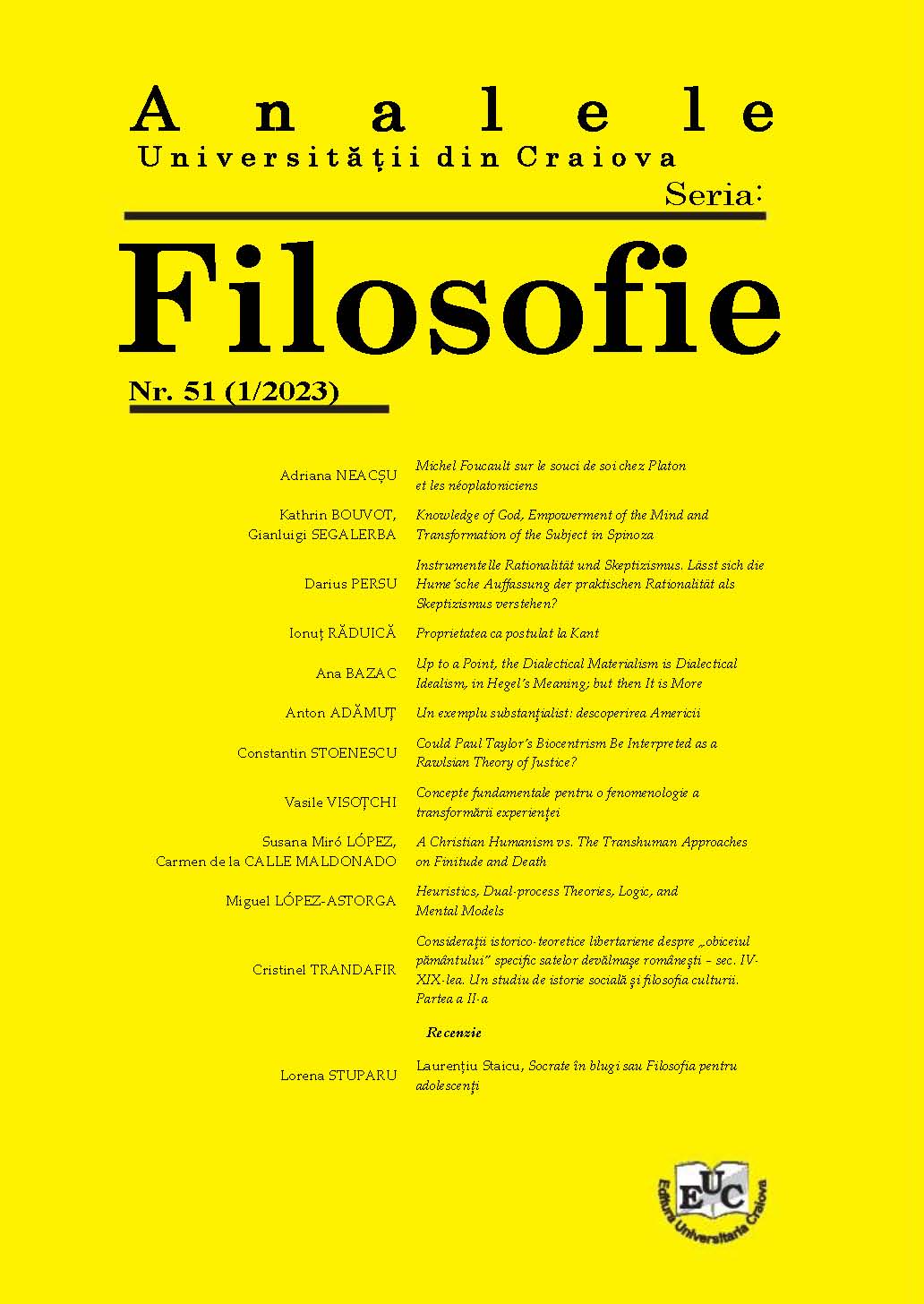
UP TO A POINT, THE DIALECTICAL MATERIALISM IS DIALECTICAL IDEALISM, IN HEGEL’S MEANING; BUT THEN IT IS MORE
The paper investigates the common and different features of Hegel’s and Marx’s philosophy, thus not the historical and personal aspects of authors are important but the internal articulation of their philosophical methodologies. These features are both the dialectical approach of the knowledge of the world and, somehow deriving from the dialectical method, the understanding of objectivity. The beauty and limits of the dialectical pattern of Hegel is shown in his treatment of the finites. The analysis is rather a dialogue between the dialectical idealism and the dialectical materialism. The conclusion is not a synthesis seen dogmatically - as a final state, apotheosis of philosophy - but as an inherent development of thought, therefore even as its division into the never-completed dialectical materialist methodology and the eternally necessary convergence of philosophical interrogations and science.
More...
